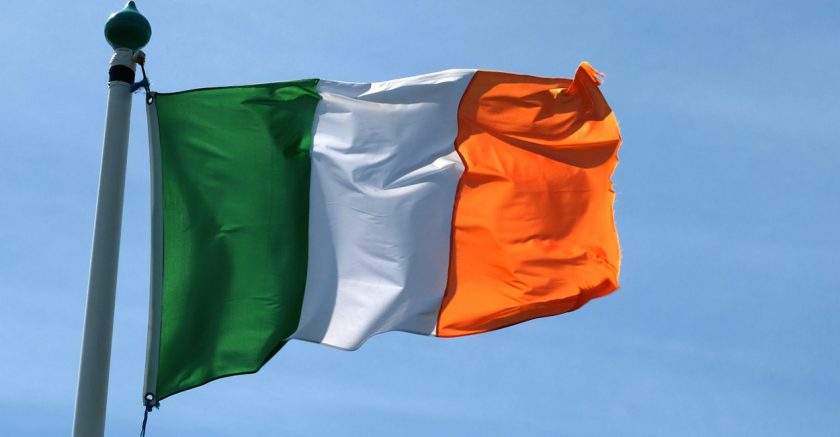Many U.S.-based multinationals are finding luck with Ireland’s low corporate tax rate—and that 12.5 percent rate has been a pot of gold for the Irish economy as well.
“Tax competitiveness has brought our country the only prosperity we’ve known,” @U2 says.
In 2015, the Irish economy was estimated to have grown by 26.3 percent through foreign companies opening operations and providing high-paying jobs, including about 700 U.S. companies currently operating in the country.
The Irish corporate tax rate is about half the average for other countries in the Organization for Economic Cooperation and Development, which comprises 34 developed nations.
Ireland’s rate is less than half of what some other European countries’ corporate tax rates are: Belgium, for example, has a rate of 33.9 percent; Austria’s rate is 25 percent; and Greece’s is 29 percent.
It’s also still lower than the U.S. corporate rate, despite the latter being slashed last year from 35 percent to 21 percent.
“Ireland’s internationally low corporate tax rate is something to be admired,” Adam Michel, economic policy analyst for The Heritage Foundation, told The Daily Signal. “The flood of foreign investment into Ireland from the U.S. and around the world shows how an attractive business environment benefits the whole economy.”
Michel said the 20-plus percent economic growth statistics are exaggerated and based largely on artificial income shifting. But, he added, big increases in research and development jobs, new business headquarters, and traditional manufacturing are clearly real.
“In the U.S., we largely have Ireland to thank for the increasing pressure placed on the U.S. to lower our corporate tax rate,” Michel said. “The pressures of tax competition and competition for global investment is a force for good policy and helped give U.S. policymakers a nudge in the right direction.”
Ireland’s 12.5 percent corporate tax rate became effective in 2003.
The low corporate tax rate is not without controversy, as European Union officials are seeking “tax harmonization,” meaning similar rates, and accused Ireland of “stealing” revenue and jobs from other European nations.
Ireland ranked fourth on the Tax Foundation’s 2017 International Tax Competitiveness Index of 35 countries for corporate tax rates, and 16th overall for its entire tax environment. Estonia ranked first overall with a corporate tax rate of 20 percent. But that rate is only applied to distributed profits, which are earnings shared with shareholders as a dividend, according to the Tax Foundation.
Only Hungary has a lower corporate tax rate at 9 percent, the Tax Foundation says. The other countries with rates below 20 percent are Latvia at 15 percent and the Czech Republic, Poland, Slovenia, and the United Kingdom, which all have a 19 percent rate.
But Ireland’s economy is too reliant on the low rate to raise it, argues Eamon Delaney, director of the Hibernia Forum, an Irish free-market advocacy group.
“Let’s face it. There was a clear reason why we brought Apple and others to Ireland and why we have a low corporate tax rate,” Delaney wrote in an Irish Times op-ed in January. “It is the lifeblood of our economy, and in the past, we even had a lower tax model to bring jobs to our rain-washed shores.”
See the full story here.
Want more BFT? Leave us a voicemail on our page or follow us on Twitter @BFT_Podcast and Facebook @BluntForceTruthPodcast. We want to hear from you! There’s no better place to get the #BluntForceTruth.







